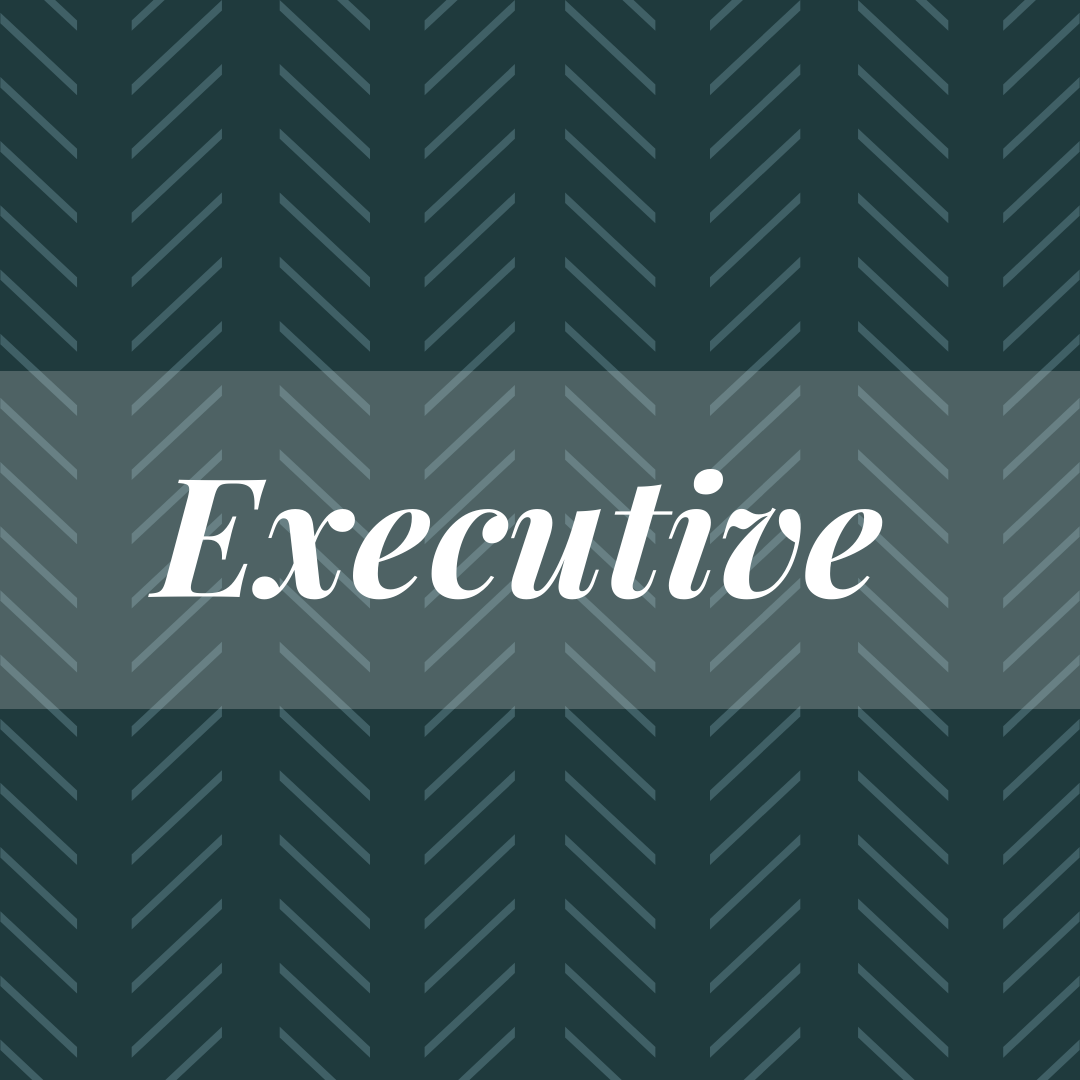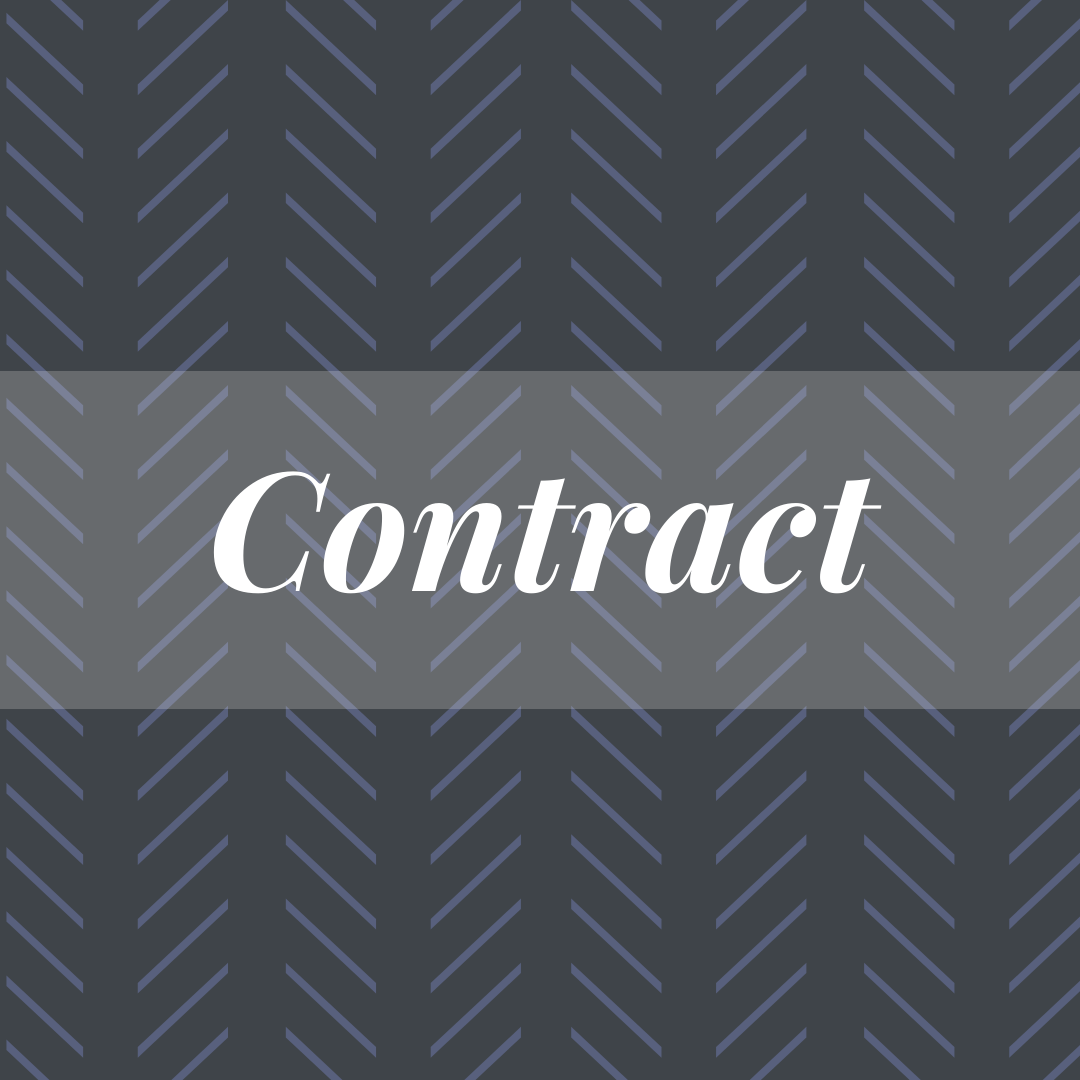
Get your foot in the right door
-
Define your career goals: To begin, identify your career goals and the industry or field you wish to pursue. This will help you narrow your job search and customize your job applications.
-
Research entry-level roles: Take the time to understand the requirements and responsibilities of entry-level positions in your desired field. This will give you a clear understanding of what employers are looking for and help you align your skills and experiences accordingly.
-
Develop a strong resume: Craft a well-structured and targeted resume that highlights your relevant skills, education, internships, part-time jobs, and extracurricular activities. Highlight your transferable skills and achievements that demonstrate your potential as an entry-level candidate. Marcomm provides resume review services to help you present yourself in the best possible way.
-
Leverage your network: Reach out to family, friends, professors, and alumni who may have connections or insights into your desired industry. Networking is a powerful tool for uncovering hidden job opportunities and getting referrals.
-
Utilize online job boards: Explore popular job search platforms such as LinkedIn, Indeed, Glassdoor, and CareerBuilder. Use specific keywords and filters to narrow down your search to entry-level positions in your target industry.
-
Attend career fairs and events: Job fairs and career events offer opportunities to connect directly with employers who are actively seeking entry-level talent. Dress professionally, bring copies of your resume, and engage in meaningful conversations with recruiters.
-
Utilize professional social media: Create a strong online presence by updating your LinkedIn profile and showcasing your skills, experiences, and achievements. Connect with professionals in your desired industry, join relevant groups, and engage in discussions to expand your network.
-
Customize your cover letter: Tailor your cover letter for each application to demonstrate your understanding of the company and your motivation to work there. Highlight specific skills and experiences that align with the job requirements.
-
Follow-up after applications: After submitting your application, send a polite follow-up email to express your interest and inquire about the status of the application. This demonstrates your enthusiasm and proactive approach.
-
Prepare for interviews: Research common interview questions for entry-level positions and practice your responses. Prepare examples of how your skills and experiences align with the job requirements. Dress professionally, maintain good eye contact, and exhibit a positive attitude during interviews.
Take the next step

-
Assess your current skills and experiences: Evaluate your existing skills, knowledge, and experiences to identify areas where you have developed expertise beyond entry-level. When it comes to interviews and resume preparation, it's essential to highlight these skills to showcase your preparedness for intermediate positions.
-
Expand your professional network: Build connections with professionals in your industry who are at a higher level or have more experience. Attend industry events, join professional associations, and utilize LinkedIn to connect with individuals who can provide insights, mentorship, or potential job leads.
-
Tap into industry-specific job boards and platforms: Look for specialized job boards or platforms that cater to your specific industry or field. These platforms often feature opportunities tailored to intermediate or mid-level positions.
-
Seek out targeted professional development opportunities: Invest in professional development courses, certifications, or workshops that can enhance your skills and make you a more competitive candidate for intermediate roles. Highlight these in your resume to demonstrate your commitment to continuous growth.
-
Consider lateral moves or internal opportunities: Explore the possibility of taking on intermediate-level roles within your current organization. Look for lateral moves or internal job postings that align with your career goals. Your existing knowledge of the company can give you an advantage in securing these positions.
-
Tailor your resume and cover letter: Adjust your resume and cover letter to highlight the specific experiences, achievements, and skills that are most relevant to intermediate positions. Emphasize leadership roles, project management experience, and specialized knowledge that set you apart from entry-level candidates.
-
Showcase your accomplishments and impact: Provide concrete examples of how your work has contributed to the success of projects, teams, or organizations. Highlight your ability to take on more responsibility and demonstrate the value you can bring to an intermediate-level role.
-
Expand your search to include recruiters and headhunters: Reach out to recruitment agencies, executive search firms, and headhunters who specialize in placing candidates in intermediate or mid-level positions. These professionals often have access to exclusive job opportunities that may not be advertised publicly.
-
Prepare for more advanced interviews: Intermediate-level positions often involve more complex interview processes. Be ready to answer behavioral and situational questions that evaluate your proficiency in handling more advanced duties. Demonstrate your capability to solve problems, your potential to lead, and your adeptness in dealing with difficult circumstances.
-
Develop a strong online presence: To enhance your online presence, create and maintain professional social media profiles. Share relevant content related to your industry and participate in online discussions to establish yourself as an expert in your field.

Carve out the path you've set
-
Assess your career trajectory: To plan for your future career, consider your long-term goals and pinpoint mid-level positions that align with them. Then, identify the necessary skills, experiences, and qualifications needed for these roles.
-
Leverage your professional network: Tap into your professional network to identify potential mid-level opportunities. Reach out to colleagues, mentors, and industry connections who may have insights or be aware of relevant openings. Networking becomes even more crucial at this stage, as many mid-level positions are filled through referrals.
-
Highlight your leadership experience: Emphasize your experience in leading teams, managing projects, and making strategic decisions. Showcase your ability to drive results, mentor junior team members, and take ownership of initiatives.
-
Expand your search to include industry-specific events and conferences: Attend industry conferences, seminars, and networking events that cater to professionals at the mid-level. These gatherings provide opportunities to connect with key decision-makers, gain industry insights, and explore potential job openings.
-
Tap into executive search firms and recruiters: Engage with executive search firms and recruiters who specialize in placing candidates in mid-level positions. These professionals often have access to exclusive opportunities and can help match your skills and experience with the right organization.
-
Develop a strong online presence as a thought leader: Establish yourself as a thought leader in your industry by actively participating in relevant online discussions, sharing valuable insights, and contributing to industry publications. Publish articles or blog posts that showcase your expertise and demonstrate your ability to drive thought leadership.
-
Enhance your personal branding: Polish your personal brand to align with mid-level positions. Update your LinkedIn profile, ensuring it reflects your accomplishments, expertise, and leadership qualities. Craft a compelling executive summary and showcase your achievements, recommendations, and professional affiliations.
-
Seek out advanced professional development opportunities: Invest in advanced training, certifications, or executive education programs that enhance your skills and expand your knowledge in your specific field or industry. Highlight these achievements on your resume and during interviews to demonstrate your commitment to professional growth.
-
Tailor your resume for mid-level positions: Customize your resume to emphasize your leadership experience, managerial skills, and strategic contributions. Highlight your ability to drive organizational goals, implement effective processes, and lead cross-functional teams.
-
Prepare for comprehensive interviews: Mid-level positions often involve multiple rounds of interviews, including behavioral interviews, case studies, and presentations. Prepare thoroughly by practicing your responses to situational and behavioral questions, showcasing your problem-solving skills, and demonstrating your ability to handle complex challenges.
Make the ultimate impact

-
Define your executive brand: Clearly articulate your unique value proposition as an executive. Identify your key strengths, leadership style, and accomplishments that demonstrate your ability to drive strategic initiatives, manage high-level responsibilities, and deliver results.
-
Utilize executive recruiters and headhunters: Engage with executive search firms, headhunters, and specialized recruiters who focus on placing candidates in executive positions. These professionals have access to exclusive opportunities and can connect you with organizations seeking executive talent.
-
Leverage your extensive network: Leverage your professional network, including industry contacts, executive-level colleagues, board members, and mentors. Reach out to individuals who may have insights into executive openings or can provide recommendations or introductions within their organizations.
-
Target industry-specific publications and events: Focus on industry-specific publications, conferences, and events that cater to executives. These platforms provide opportunities to connect with industry leaders, gain exposure to executive-level opportunities, and stay updated on trends and insights within your industry.
-
Develop a comprehensive executive resume: Create a compelling executive resume that highlights your executive-level experience, achievements, and leadership competencies. Emphasize strategic accomplishments, board memberships, industry recognition, and your ability to drive organizational growth and transformation.
-
Establish a strong online presence: Cultivate a strong online presence by optimizing your LinkedIn profile to reflect your executive brand. Share thought leadership articles, participate in relevant industry discussions and engage with key influencers. Demonstrate your executive-level expertise and establish credibility within your field.
-
Explore executive-level networking opportunities: Attend executive-level networking events, leadership conferences, and board meetings to expand your network and connect with key decision-makers. Join executive groups or associations to build relationships with other executives and gain access to exclusive job opportunities.
-
Engage with executive-level mentors: Seek out mentors who have extensive executive experience and can provide guidance and support throughout your executive job search. Their insights, advice, and connections can be invaluable as you navigate the executive landscape.
-
Prepare for rigorous executive-level interviews: Executive-level interviews often involve multiple rounds, including panel interviews, presentations, and assessments. Prepare thoroughly by researching the organization, understanding its strategic priorities, and articulating your vision and ability to lead in alignment with its goals.
-
Demonstrate your leadership and strategic capabilities: Emphasize your ability to drive change, make informed decisions, and lead organizations through complex challenges. Showcase your track record of strategic planning, executive decision-making, and successful execution of high-level initiatives.

Stay persistent and flexible
-
Target specialized job boards: Look for job boards and platforms that specifically cater to contract or freelance opportunities. These platforms often have a wide range of contract positions across various industries and sectors.
-
Utilize freelance platforms: Explore freelance platforms such as Upwork, Freelancer, or Fiverr, where clients post contract projects and seek independent professionals. Create a compelling profile highlighting your skills and experience to attract potential clients.
-
Network with industry professionals: Leverage your professional network to seek out contract opportunities. Consider contacting your colleagues, previous employers, and industry connections who might have knowledge of temporary or project-oriented job opportunities.
-
Contact staffing agencies (like Marcomm *wink*): Connect with staffing agencies that specialize in placing candidates in contract positions. They often have access to contract opportunities that may not be advertised publicly. Be sure to clearly communicate your interest in contract work.
-
Attend industry events and meetups: Participate in industry-specific events, meetups, and conferences where professionals and organizations gather. Engage in conversations, exchange business cards, and let people know you are actively seeking contract opportunities.
-
Optimize your online presence: Ensure your online presence, including your LinkedIn profile, clearly communicates your availability and interest in contract work. Highlight your contract experience, specific skills, and expertise relevant to the projects or assignments you're seeking.
-
Consider joining contractor communities: Look for online communities or forums where contractors and freelancers share job leads, insights, and resources. Joining these communities can offer you useful insights on contract opportunities and assist you in navigating the contracting terrain.
-
Highlight your flexibility and adaptability: Emphasize your ability to quickly adapt to new environments, work with diverse teams, and deliver results within specific project timelines. Showcase your experience in successfully completing short-term assignments or projects.
-
Develop a contract-focused resume: Customize your resume to highlight contract roles, projects, and accomplishments. Emphasize your ability to work independently, meet deadlines, and provide tangible results within the scope of specific contracts.
-
Be proactive in seeking out opportunities: Actively search for organizations or industries known for frequently hiring contractors. Reach out to them directly, expressing your interest in contract work and how your skills and experience align with their needs.

.png)

.png)